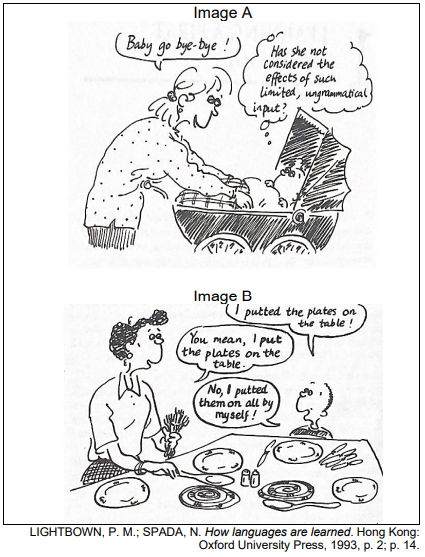Questões de Concurso Para if-se
Foram encontradas 2.346 questões
Resolva questões gratuitamente!
Junte-se a mais de 4 milhões de concurseiros!
If those who declare that there is no best method are asked why, the most immediate and frequent answer is likely to be "Because it all depends," meaning that what is best depends on whom the method is for, in what circumstances, for what purpose, and so on. That there is no best method therefore means that no single method is best for everyone, as there are important variations in the teaching context that influence what is best. The variations are of several kinds, relating to social situation, educational organization, teacher-related factors, and learner-related factors. There have been several attempts to categorize such variables systematically and comprehensively, but even the brief and random listing above shows that they are at different levels of generality, as well as of discreteness and tangibility.
PRABHU, N. S. There Is No Best Method-Why? TESOL Quarterly, Vol. 24, No. 2. (Summer, 1990), p. 161-176. [Adapted].
According to the text, the main reason why there is no best method in teaching is because
Observe the images below.

The cartoons refer to two different theoretical views
regarding language acquisition/learning that serve as the
base for some well-known methods of language teaching.
Comparing both images, what can be affirmed about these
two theories?